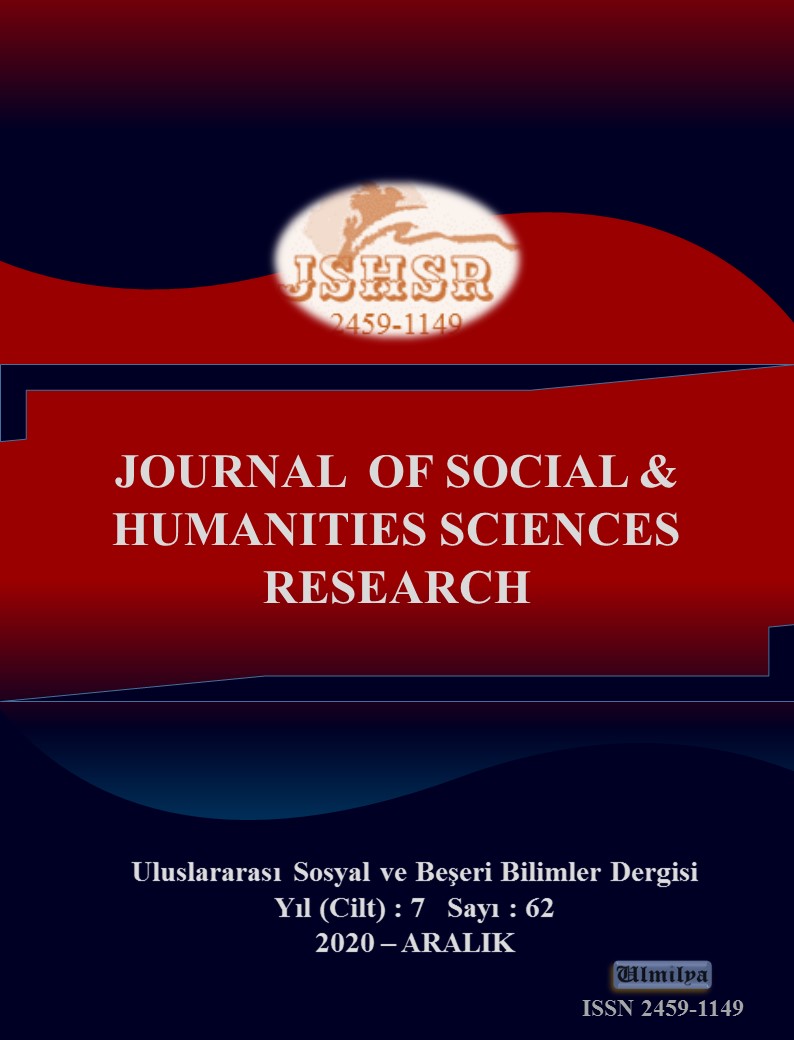INVESTIGATION OF LEISURE TIME MOTIVATIONS OF YOUNG PEOPLE ENGAGED IN ORIENTEERING
DOI:
https://doi.org/10.26450/jshsr.2200Keywords:
Orienteering, outdoor sports, motivation, leisure timeAbstract
Orienteering sport has emerged as a sport with its rapid development in recent years. With this development, interest in orienteering has started to increase significantly. The aim of study was to examine the leisure time motivations of 15-year-old youth engaged in orienteering. In this context, 188 (113 women, 75 men) orienteering athletes participated in our study. Data held in Gaziantep, Turkey Orienteering Federation in 2019 were collected in orienteering development camp. In the collection of data, "Leisure Time Motivation Scale" developed by Pelletier et al. (1991), first adapted to Turkish by Mutlu (2008) and later by Güngörmüş (2012), was used. SPSS 22.0 statistics program was used in the analysis of the data. It was seen that the data showed normal distribution. Cronbach alpha reliability coefficient of the data was found as .80. 72.9% of the athletes have 1-3 years of experience. No significant difference was found according to the variable of gender, undergraduate and considering other nature sports. In the experience sub-dimension, there are significant differences in the sub-dimensions of lack of motivation, knowing and achieving, stimulating life, and identification / introjection. In orienteering as a leisure activity, those with more experience have higher leisure time motivation. This situation may affect participation in orienteering sport. It has been observed that athletes with less experience lack of motivation. It is recommended to support and disseminate activities that encourage orienteering athletes.
Downloads
Published
How to Cite
Issue
Section
License
Copyright (c) 2020 INTERNATIONAL JOURNAL OF SOCIAL HUMANITIES SCIENCES RESEARCH

This work is licensed under a Creative Commons Attribution 4.0 International License.


